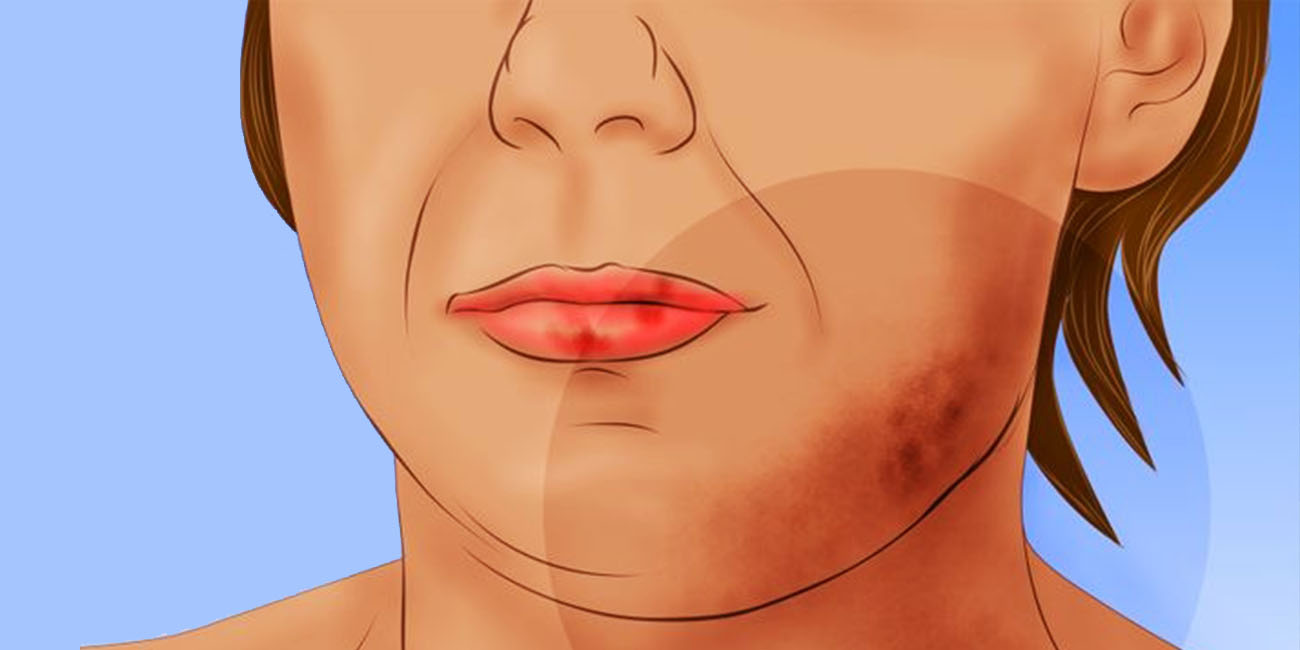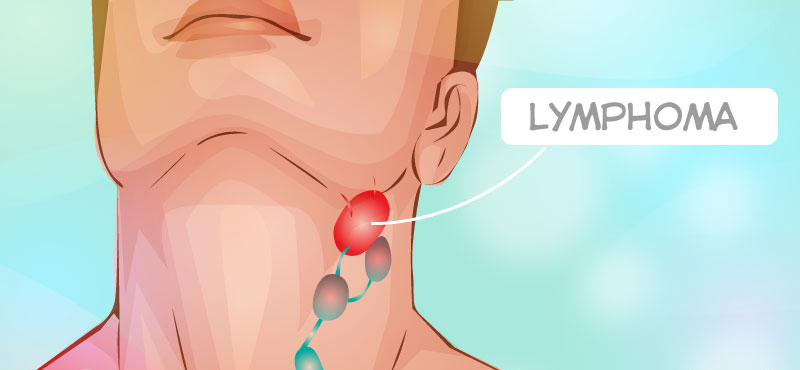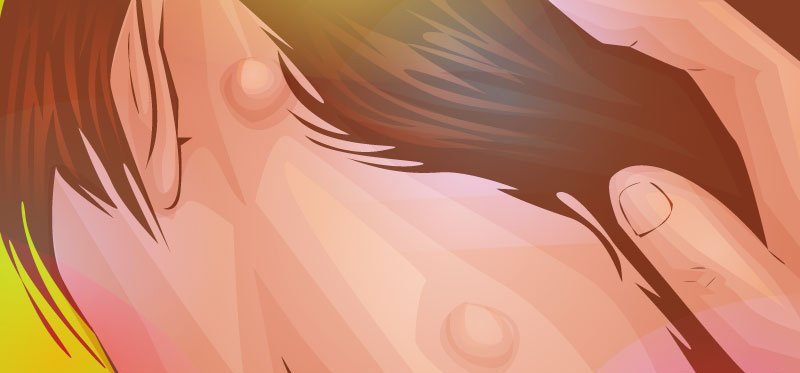
Lymphoma is a rather common type of cancer. According to the National Cancer Institute, about 2.1 percent of people get non-Hodgkin lymphoma at some point in their lives (Hodgkin’s lymphoma is less common). In many cases, it isn’t diagnosed until later stages, because its signs and symptoms may be so barely perceptible that people simply ignore them until they start to feel worse. The other problem with lymphoma is that its symptoms sometimes overlap with those of many other, less serious conditions, making it difficult to diagnose. But there are some symptoms that are often present since early stages of the disease.

Here are some signs and symptoms that may indicate lymphoma:
1. Tiredness
All types of cancer deplete your body of energy. Extreme tiredness and weakness that is not improved by sleeping and rest and gradually gets worse may be a sign of lymphoma.
2. Swollen lymph nodes

This is the most common symptom of the disease. They may be especially visible if they are in the neck, armpits, groin, and above the collarbone. In lymphoma, swollen lymph nodes usually aren’t painful.
3. Weight loss
Losing weight without any changes in eating habits and the amount of exercise may signal lymphoma. The disease can also cause a loss of appetite.
4. Body temperature changes
Unexplained persistent fever alternating with chills that is not caused by an infection may be present in people with lymphoma.
5. Sweating profusely
If this symptom is present, it’s most commonly appears during nighttime. It is sometimes so intense it disrupts your sleep. This symptom can also manifest during the day.
6. Itchy skin
There may be no rash on the itching area. The itching is not relieved or goes away only for a short time if you try to apply a cream or an ointment on the area that’s itching.
7. Abdominal symptoms
If lymphoma affects the abdomen, it can cause symptoms, such as bloating, pain, and pressure in your belly, and diarrhea.
8. Chest symptoms
If this disease affects the chest, symptoms such as chest pain and pressure, coughing, and trouble breathing may be present.
9. Brain symptoms
Lymphomas in the brain can cause symptoms that include headache, trouble thinking, vision problems, and sometimes seizures.

Lymphomas may cause different symptoms in different people, depending on their location. But if you have some of those described above, it would be a wise decision to make an appointment with your doctor. It may not be lymphoma, but it’s important to get such symptoms checked anyway.



